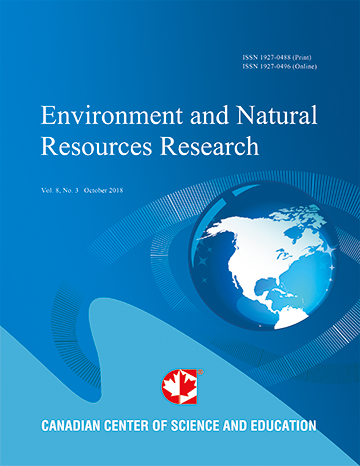A Case Study in the Architecture of Global Water Governance
- Richard Meganck
- Richard Saunier
Abstract
The purpose of this paper is to engender a more structured debate by all stakeholders with an interest in improved water management through development of either a global agreement or a series of agreements at regional levels. In the past decade various committees of the United Nations including the UN General Assembly and the UN Security Council have ramped-up the discussion on the importance of water to economic development, health and prosperity, human rights and even national and regional security (UNCESCR, 2002; UNGA, 2003; UNGA, 2010). All of this attention has catalyzed new fields of study and a robust international debate as to the responsibilities of “water rich” countries to those countries in less fortunate regions of the world and how to mitigate inevitable water conflicts. And while the U.S. is not classified as a “water poor” country, Canada’s Ambassador to the U.S., Gary Doer, recently noted that the relationship with the U.S. would be increasingly impacted by water. “I think five years from now we will be spending diplomatically a lot of time and a lot of our work dealing with water. There will be pressure on water quality and water quantity”(Note 1). Shortly after these comments, President Obama acknowledged as much in his 28 May 2014 foreign policy speech by noting “…the spirit of cooperation that must energize the global effort to combat”, among other issues, conflicts over “water and food” (Note 2). And if there is some degree of tension between neighbors as close as Canada and the U.S., imagine the tenor of the debate in other regions of the world with shared water resources and in come cases where one country entirely controls the water resources of another. Additionally, the importance of developing more precise goals and targets through the International Hydrological Program (UNESCO-IHP), the World Water Council (WWC), UN Water, the Millennium Development Goals, and the investment strategies of both the private sector and the NGO community cannot be overstated. This paper explores the importance of global water governance and outlines the possibilities of an international freshwater convention, optimistically one with binding responsibilities, leading to better water management.
- Full Text:
 PDF
PDF
- DOI:10.5539/enrr.v4n4p28
Journal Metrics
Google-based Impact Factor (2016): 6.22
h-index (November 2017): 12
i10-index (November 2017): 19
h5-index (November 2017): 11
h5-median (November 2017): 12
Index
Contact
- Emily LinEditorial Assistant
- enrr@ccsenet.org
